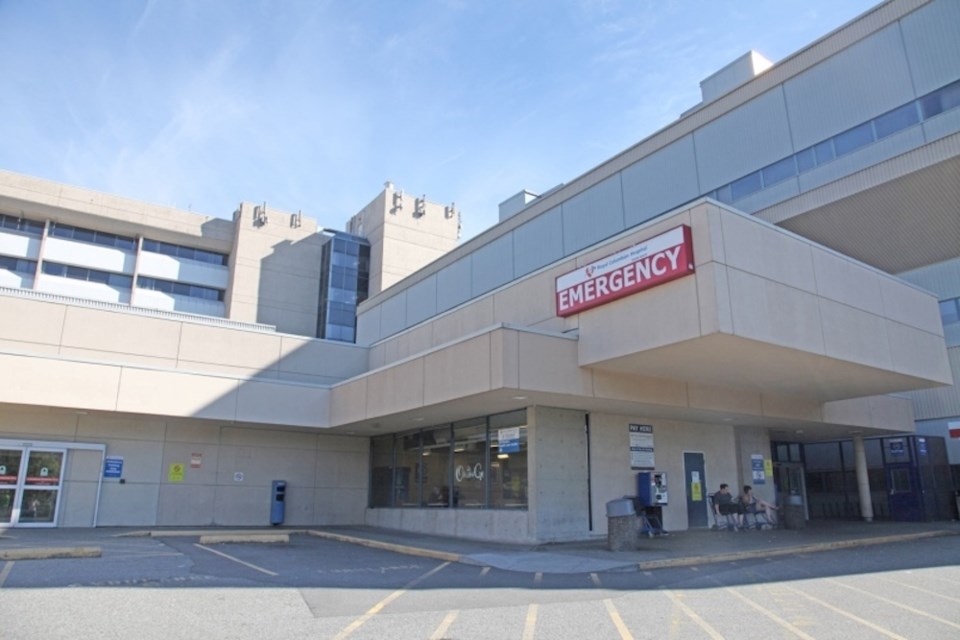Fraser Health will be limiting non-critical patient care at Royal Columbian Hospital from Wednesday to Monday, to better transition doctors and nurses to a new digital clinical care system.
This means a little more pressure will be put on the region’s hospital network during this time.
But Dr. Amyeen Hassanali, the health authority’s chief medical information officer, says “care will not be compromised” as the hospital makes a full transition to its new system called Meditech Expanse on Saturday.
Royal Columbian Hospital, located in New Westminster, is one of three hospitals — alongside B.C. Children’s and Vancouver General — that handles extreme (Level 1) trauma cases; it is also one of 12 acute care hospitals in the province.
Hassanali said the hospital will still be receiving patients presenting with critical and life-threatening injuries, such as a heart attack.
What may occur, however, is a patient with non-urgent needs may be rerouted to another hospital by ambulance, or, in the case of patients coming to the emergency room themselves, they will be assessed and potentially transferred elsewhere.
BC Emergency Health Services, which operates ambulances, deferred questions on its plans for the special operation to Fraser Health.
“Any patient that shows up at the hospital will be cared for,” said Hassanali, adding that the plan is to get the hospital to at or under 100 per cent capacity, whereas it typically operates above capacity.
“I want to reassure the public there will be no patient that will be turned away,” said Hassanali.
As such, staff have already been “a little more diligent” in moving existing patients from Royal Columbian Hospital to other hospitals in the region, said Hassanali.
“I wouldn’t say there are any diversions happening,” said Hassanali, framing the operational plan as a mere extension of the current means of triaging patients, only that there may be more instances of patients getting care elsewhere.
Still, Hassanali said Abbotsford General Hospital’s acute care ward and Vancouver General Hospital’s trauma centre are aware of the heightened potential to receive more patients.
Unlike other recent hospital closures and diversion plans across the province, Hassanali assures the public Royal Columbian Hospital is not short on staff.
Hassanali said the system means “higher quality patient care” as information in a digital chart is moved to care teams in a digital system “so you don’t have to repeat your story.”
Hassanali said the system will also reduce the risk of medication errors.



